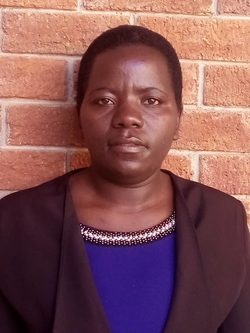People
Faculty
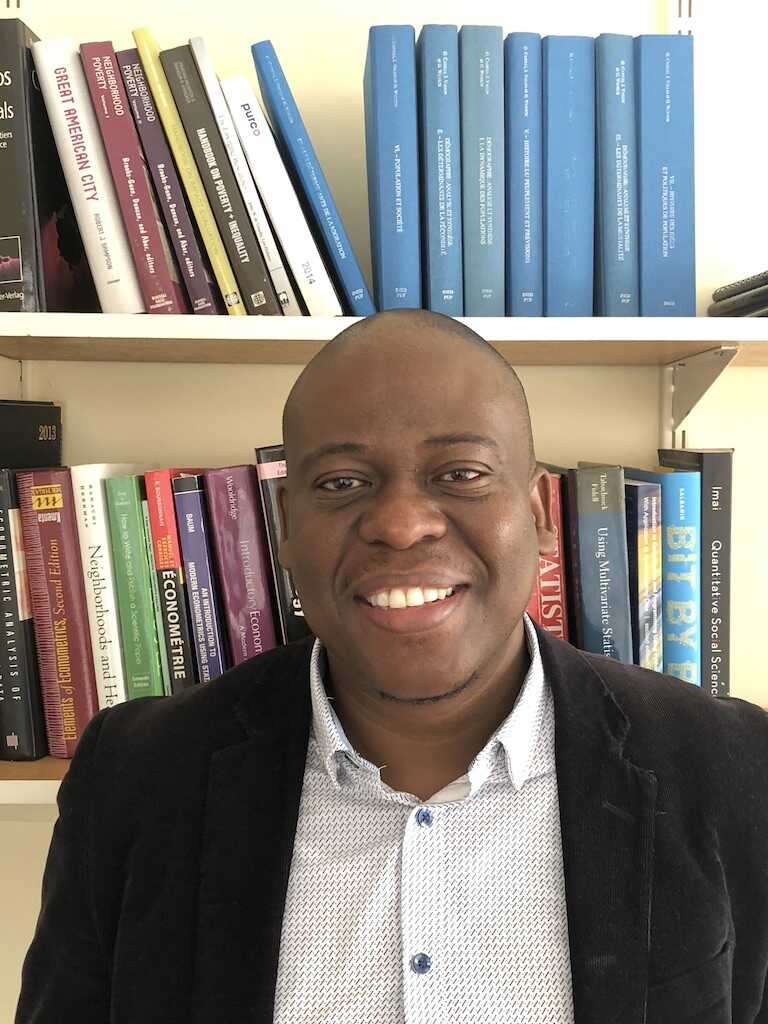
Vissého Adjiwanou
Vissého Adjiwanou is Adjunct Senior Lecturer in Demography and Quantitative Methods at the University of Cape Town (South Africa), Associate Professor in Sociologie (Université du Québec à Montréal (UQAM, Canada). His research interests include maternal and reproductive health, family dynamics, and female employment in sub-Saharan Africa. Vissého is the chair of the Panel on Computational Social Science at the Union for African Population Studies (UAPS).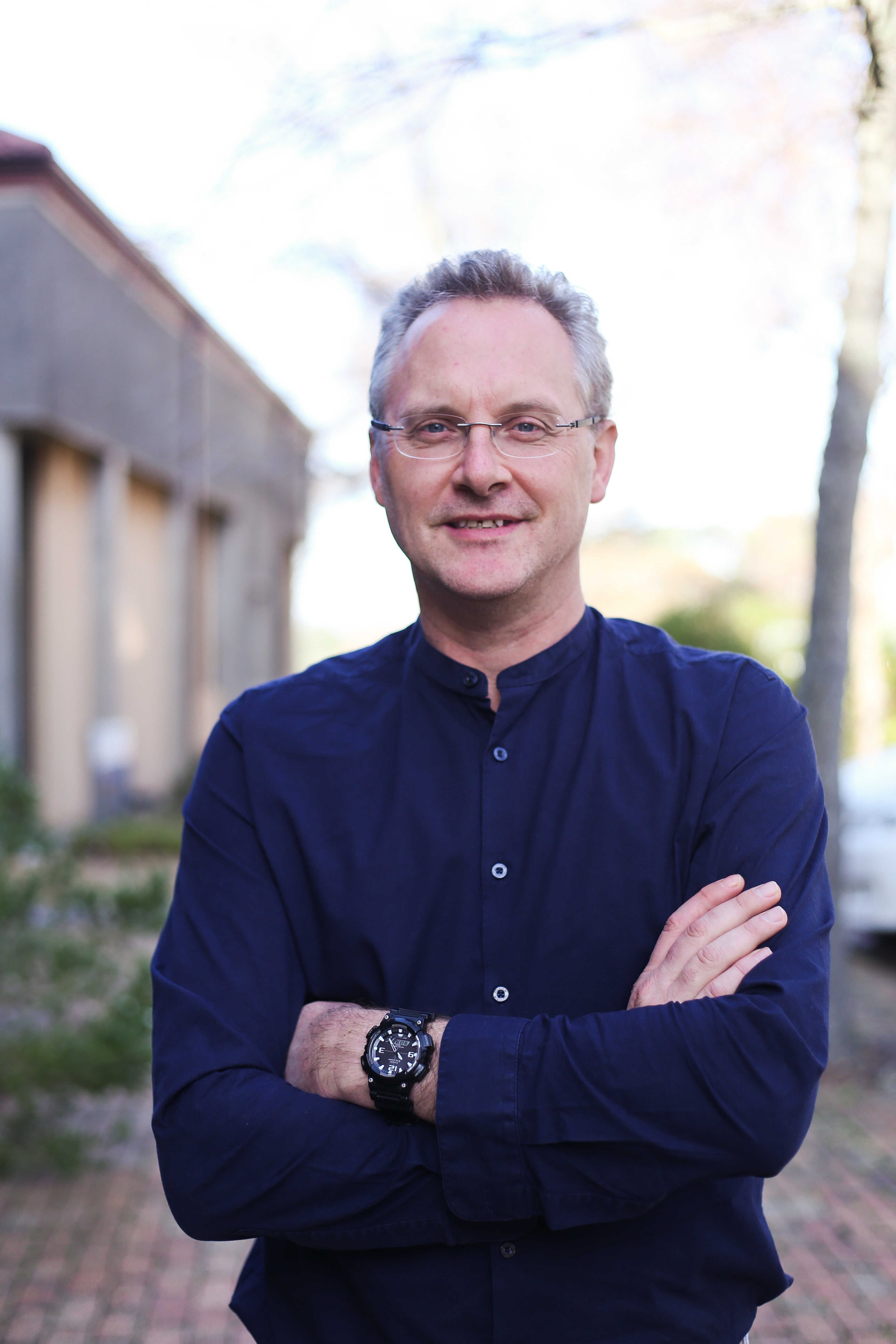
Tom Moultrie
Tom Moultrie is Professor of demography, and Director of the Centre for Actuarial Research (CARe) at the University of Cape Town. His interests lie in the technical measurement and sociology of fertility in sub-Saharan Africa, and the sociology of demographic measurement. He holds a BBusSc (Actuarial Science) from UCT, a MSc (Development Studies) from the LSE, and a PhD from LSHTM.Speakers

Megan Bruwer
Megan Bruwer is a transportation engineer with a background in civil engineering. She joined the Civil Engineering Department of Stellenbosch University in 2015 as a lecturer and project coordinator of the Stellenbosch Smart Mobility Laboratory (SSML) researching ITS solutions for developing countries. Prior to joining Stellenbosch University, Megan worked as a transport engineering consultant, involved in the implementation and operational design of public transport systems and road based traffic accommodation for new developments. Her research interests include traffic flow theory and the application of Intelligent Transport Systems to improve traffic data collection for transport planning and traffic management. She is currently completing a PhD in this field.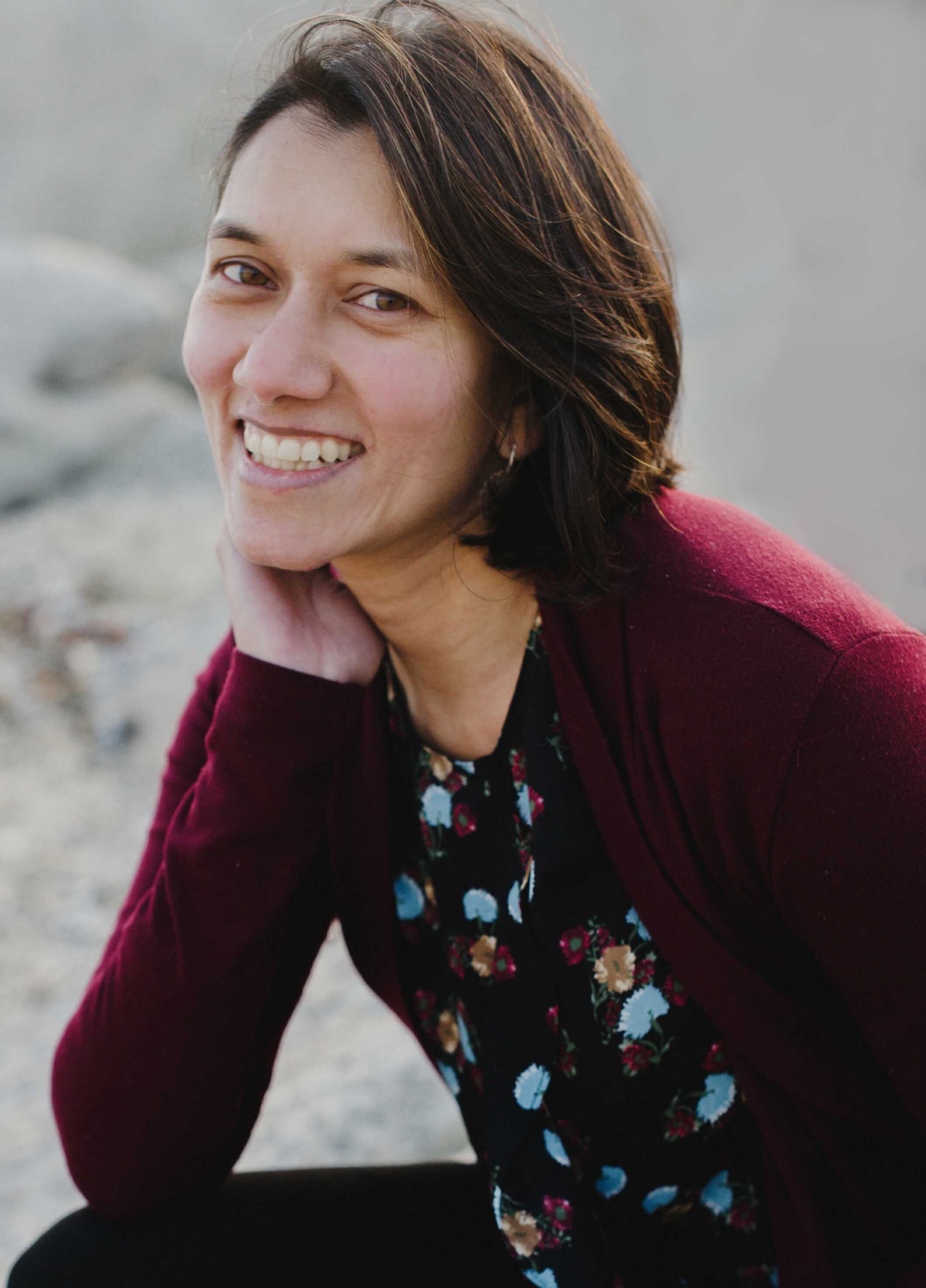
Marshini Chetty
Marshini Chetty will be joining the Department of Computer Science at the University of Chicago in August 2019. She specializes in human-computer interaction, usable security, and ubiquitous computing. Marshini designs, implements, and evaluates technologies to help users manage different aspects of Internet use from privacy and security to performance, and costs. She often works in resource-constrained settings and uses her work to help inform Internet policy. She has a Ph.D. in Human-Centered Computing from Georgia Institute of Technology, USA and a Masters and Bachelors in Computer Science from University of Cape Town, South Africa. Marshini is currently a research scholar in the Department of Computer Science at Princeton University and prior to that, she was an assistant professor in the College of Information Studies at the University of Maryland, College Park. Her work has won best paper awards at CHI and CSCW and has been funded by the National Science Foundation, the National Security Agency, Intel, Microsoft, Facebook, and multiple Google Faculty Research Awards.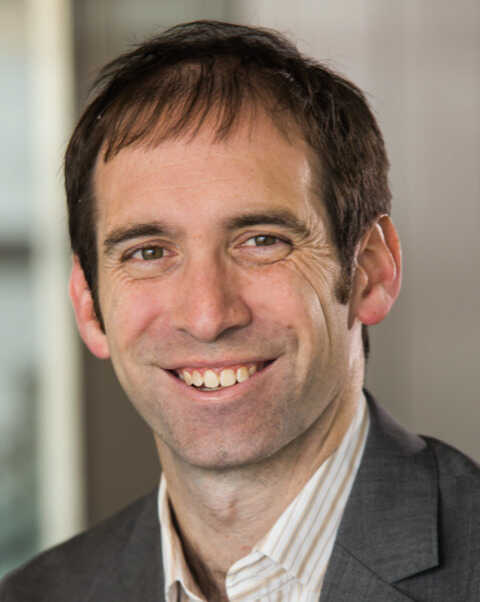
Nick Feamster
As of July 2019, Nick Feamster is Neubauer Professor of Computer Science and the Director of Center for Data and Computation (CDAC) at the University of Chicago. Previously, he was a full professor in the Computer Science Department at Princeton University, where he directed the Center for Information Technology Policy (CITP); prior to Princeton, he was a full professor in the School of Computer Science at Georgia Tech. His research focuses on many aspects of computer networking and networked systems, with a focus on network operations, network security, and censorship-resistant communication systems. He received his Ph.D. in Computer science from MIT in 2005, and his S.B. and M.Eng. degrees in Electrical Engineering and Computer Science from MIT in 2000 and 2001, respectively. He was an early-stage employee at Looksmart (acquired by AltaVista), where he wrote the company's first web crawler; and at Damballa, where he helped design the company's first botnet-detection algorithm.
Kyle Finlay
Kyle runs an international data science team for a large market research firm. His team focuses on R&D, including in areas such as networks and NLP. In his spare time, he maintains a blog that applies a computational social science lens to understanding South African politics on social media.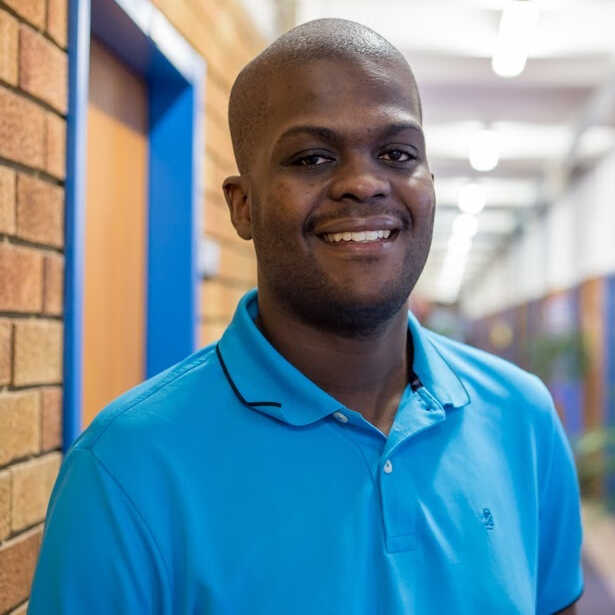
Vukosi Marivate
Vukosi Marivate holds a PhD in Computer Science (Rutgers University, as a Fulbright Scholar). He is a senior Data Scientist and acting research group leader for Data Science at the CSIR, focusing on creating/using Machine Learning/Artificial Intelligence to extract insights from data to tackle societal challenges. Vukosi is an organiser of the Deep Learning Indaba, the largest Machine Learning/Artificial Intelligence workshop on the African continent, aiming to strengthen African Machine Learning. He supervises postgraduate students and leads the CSIR’s Data Science student development program.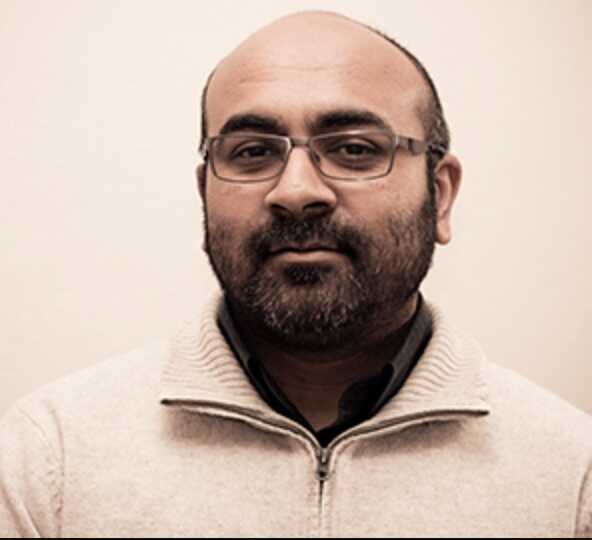
Hussein Suleman
Hussein Suleman is Head of Department and Associate Professor in Computer Science at the University of Cape Town. Hussein's main research interests are in digital libraries, ICT4D, African language information retrieval, cultural heritage preservation, Internet technology and educational technology. He has in the past worked extensively on architecture and interoperability issues related to digital library systems, with a growing emphasis on the relationship between low resource conditions and such architectures.Teaching Assistants
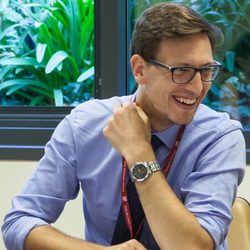
Aldu Cornelissen
Aldu Cornelissen is a lecturer at the Department of Information Science at Stellenbosch University. He co-found the Computational Social Science group at Stellenbosch University, and is a member of the Centre of Artificial Intelligence (CAIR). The group’s research focuses on the impact of social media in society by investigating bot interference during political elections in Sub-Sahara Africa. Aldu specialises in Social Network Analysis, specifically individual and group social cognition.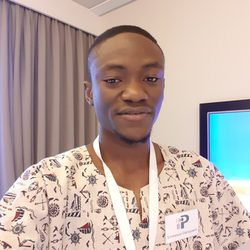
Emmanuel Olamijuwon
Emmanuel Olamijuwon is a lecturer at the University of Eswatini, and a PhD candidate in demography and population studies at the University of the Witwatersrand, South Africa. His research uses social media, digital tools and also adapts computational approaches in helping adolescents and young African adults make better and informed decisions about their sexual and reproductive health. Emmanuel also plays an active role in various interdisciplinary research projects many of which revolve around the social determinants of health, as well as sexual and reproductive health. He is the coordinator of SHYad.NETParticipants

Nyamador Komla David Adenyo
Nyamador Komla David Adenyo is a PhD candidate in Statistics and Probability, at the Institute of Mathematics and Physical Science , University of Abomey-Calavi (Benin). He got a Master degree in Statistics and Probability. His research interests is Dynamic Panel data models with interactive fixed effects.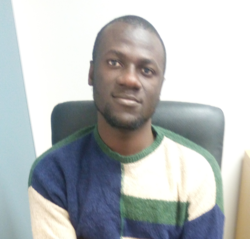
Lateef Amusa
Lateef Amusa is a lecturer at the University of Ilorin, Nigeria. He is currently rounding up his PhD programme in Applied Statistics at the University of Kwazulu-Natal, South Africa. He holds a BSc (First class honours) and a master’s degree in Statistics from the University of Ilorin, Nigeria. His research interests include the use of Spatial and data mining models, big data analytic methods with application to social science, health and medicine.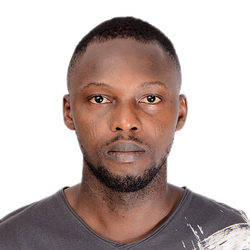
Boladé Hamed Banougnin
Boladé is a demographer with work experience of about six years in design and data collection, data processing, analysis, interpretation, and dissemination. In 2012, he graduated from the Institut de Formation et de Recherche Démographiques—a regional institute for population studies—of the University of Yaoundé (Cameroon). He is currently undertaking his Ph.D. study in Reproductive Health Science at the Panafrican University, Life and Earth Sciences Institute at the University of Ibadan, Nigeria. His past and ongoing projects examine the relationship between poverty and fertility, the fertility of migrants in urban areas, the stall in fertility decline in Sub-Saharan Africa. He has also been teaching a variety of courses in demography and statistics at the University of Parakou and Abomey-Calavi (Benin) since 2014. Prior to this position, he worked as an intern at the Benin national institute of statistics where he was involved in several population and development projects.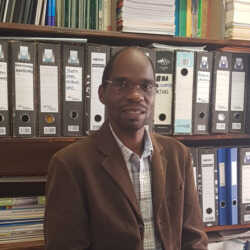
Garikayi Chemhaka
Garikayi Chemhaka is a lecturer at the University of Eswatini. His current research interests focuses on sexual and reproductive health, family formation and fertility. His broad interests are in traditional quantitative methods and use of online data. Garikayi holds a PhD from University of the Witwatersrand, an MPhil from UCT, and MSc from University of Zimbabwe (UZ) in Demography and Population Studies. He received his Bachelor’s degree in Statistics from UZ.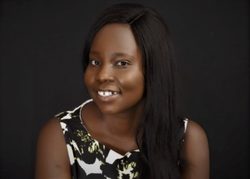
Fidelia Dake
Dr. Fidelia Dake is a Lecturer at the Regional Institute for Population Studies at the University of Ghana. She holds a Doctor of Philosophy and a Master of Philosophy in Population Studies. She also holds a Master of Science in Global Ageing and Policy and a Bachelor of Science in Nutrition and Food Science. Her research focuses broadly on health demography, public health, and international health and development. Her interests include nutrition and physical activity, obesity and non-communicable diseases, socio-environmental determinants of health, urban health, health statistics (including vital statistics), and health-financing, particularly, universal health coverage. Her current research examines transportation-related physical activity and the public health impacts of physical inactivity.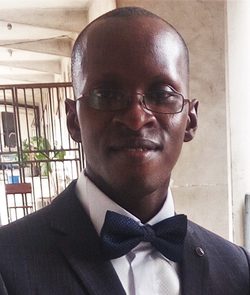
Justin Dansou
Justin got a PhD degree in Reproductive Health from the Pan African University Institute for Life and Earth Sciences (PAULESI), located at the University of Ibadan, Ibadan, Nigeria. Prior to his doctoral studies, he graduated with a master’s degree in Demography at the Institut de Formation et de Recherche Démographiques (IFORD) in Cameroon, and a Bachelor of Science degree in computing management at the Institut Universitaire de Technologie (IUT) of Université de Parakou in Benin. He worked as research assistant at the Institut de Formation et de Recherche Démographiques (IFORD). Currently, he gives lectures pertaining to demographic analysis at the École Nationale de la Statistique, de la Planification et de la Démographie (ENSPD) at the Université de Parakou. His research interest includes Population and Health; Reproductive Health including Maternal health and Child survival.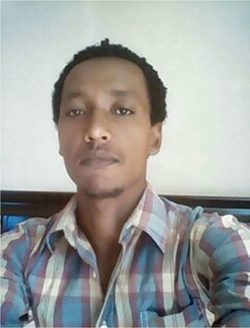
Dereje Danbe Debeko
Dereje Danbe Debeko is an assistant professor at Department of Statistics, Hawassa University. He had intensive research and teaching experience in last 11 years from where he was hired as graduate assistant at Aksum University in 2009. He has thought different practical and theoretical statistics courses for the last eleven years. Dereje have been involved and had good research experience in area of longitudinal data analysis. His research interest mainly focuses on modeling hierarchical and repeated observations trends in various fields of studies. Currently, Dereje is in the position of “Associate dean for research and technology transfer” at College of natural and computational sciences, Hawassa University.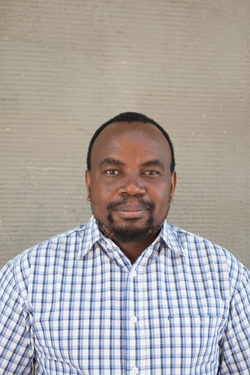
Chodziwadziwa Whiteson Kabudula
Chodziwadziwa Whiteson Kabudula is a Senior Researcher and Head of Data and Analysis at the MRC/Wits Rural Public Health and Health Transitions Research Unit (Agincourt), University of the Witwatersrand, South Africa. His research interest is on the application of demographic, statistical, computational and informatics techniques to investigate population-level morbidity, mortality and utilization of health services, and their social determinants in rural settings in Sub Saharan Africa.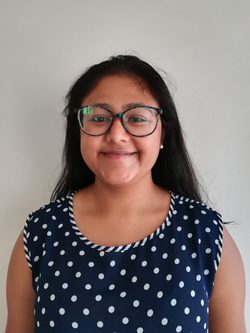
Reesha Kara
Reesha Kara holds a Master's Degree in Population Studies from the University of KwaZulu-Natal and is in the final year of her PhD at Rhodes University. Her research focuses on marriage and childbearing among middle-aged women in South Africa. Using social statistics, Reesha's work identifies changes in trends of non-marital fertility among middle-aged women, key determinants of these trends and what these changes could possibly mean when focusing on the family as the basic building block of society. Reesha's research interests include family formation structures, gender dynamics within relationships, social statistical methodologies, adolescent fertility and safe sexual and reproductive behaviours. Reesha has completed a number of training courses in social statistical methods and aims to use her research to highlight the value and importance of using social statistics to understand complex social behaviour and phenomenon.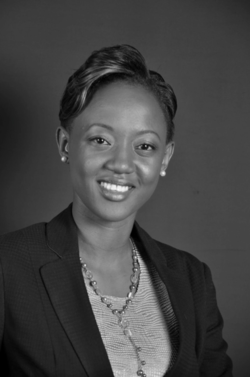
Caroline Kiarie
Caroline Kiarie is a PhD candidate at University of Kwazulu Natal in Durban, South Africa and a tutor fellow in the same institution. She holds a Masters in Science degree in Communication and Marketing from Franklin University in Ohio, USA. Her research interests include interpersonal communication, social media and social networks among employees. While in Kenya, she lectures corporate communication and public relations courses at Daystar University and Jomo Kenyatta University of Agriculture and Technology (JKUAT). She specializes in corporate communication and public relations and has worked and trained with several organizations both in Kenya and USA.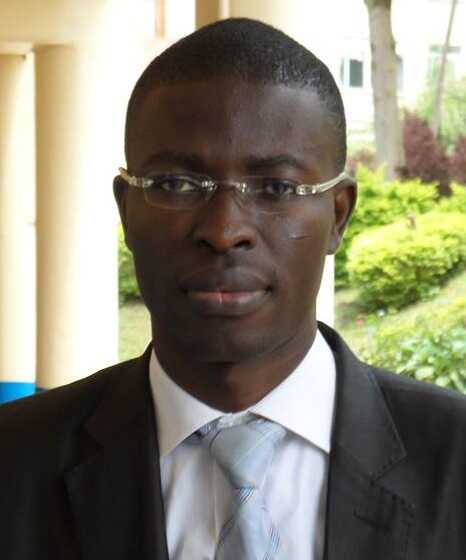
Dagnon Eric Koba
Dagnon Eric Koba is a doctoral student at the Institut de Formation et de Recherche Démographiques (IFORD) at the University of Yaoundé II in Cameroon. With expertise in Demography, Digital demography and Social Statistics, his main research interests include, women’s reproductive health, gender inequality and migration.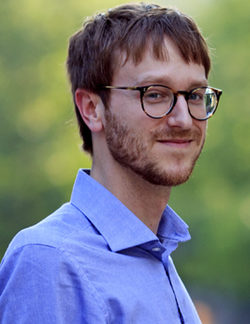
Wim Louw
Wim Louw is a Senior Research Associate at J-PAL Africa. He works on randomized evaluations of signaling mechanisms in active labour markets, focusing on youth employment in Gauteng, South Africa. Before joining J-PAL, Wim worked as a researcher in the South African non-profit sector. Wim holds a master's degree from the London School of Economics and Political Science in social research methods, and from the University of KwaZulu-Natal in linguistics. Interests include: causal inference, metrics, political economy and governance, text analysis, applied machine learning for economics, reproducibility and open source development.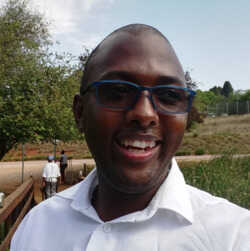
Katleho Makatjane
Katleho Makatjane is a PhD candidate in applied business statistics at the North West University Mafikeng campus South Africa and senior member of the South African Statistical Association (SAS) and certificated member of the Institute of Certificated and Chartered Statisticians of South Africa (ICCSSA). His research interests are focused on Financial forecasting, business analytic and risk analysis.
Kathryn McDermott
Kathryn is a Junior Research Fellow based at J-PAL Africa at the University of Cape Town. She has a Masters in Economics from Stellenbosch University. She does research about water and electricity use and household purchasing patterns. Her interests are in using non-traditional data for research and helping policy makers use administrative data to inform their policy decisions.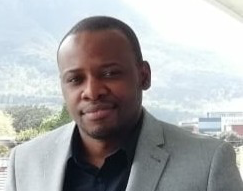
Elton Mukonda
Elton is currently a PhD student and Research Fellow in the Division of Epidemiology & Bio-statistics, University of Cape Town. He is a trained demographer and statistician with extensive experience in data management, statistical analysis and modelling. His research focuses on the use of simulation modelling to solve public health problems while his current work focuses on maternal and child health issues in the context of HIV and other co-morbidities. Other fields of interest include Bayesian Statistics, Simulation and Optimization, Decision Analytic, Modelling for Economic Evaluation, Statistical Learning, Big Data Analytics and Chronic Disease Monitoring.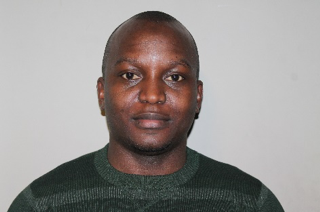
Ronald Musizvingoza
Ronald Musizvingoza is a Social Scientist with a background in Sociology, Demography and Statistics. He is currently pursuing a PhD in Sociology at Bursa Uludağ University in Turkey. He is working on the Social Determinants of Maternal Health in Zimbabwe. Furthermore, he received training in data analysis and demographic analysis. His research interests are sustainable development goals (gender, health and inequality), migration and ageing. He is also currently interested in exploring the use of big data to achieve SDGs, especially in developing countries.
Larissa Nawo
Larissa Nawo has just finished her Ph.D. in Applied Economy policy and Analysis at the University of Dschang, Cameroon. Currently, Larissa is a research fellow cohort 2019 at the Structural Transformation of African Agriculture and Rural Spaces (STAARS) project of Cornell University. Her research interest is an intersection between development economics and data analysis studies, which include but not restricted to natural resources revenues management, behaviour sciences, impact evaluation techniques, computable general equilibrium (CGE) modelling, computational social science methods, applied micro econometric and applied political economy. During her doctoral studies, she was a Ph.D. visiting fellow at the United Nations University World Institute for Development Economics Research (UNU-WIDER) in Helsinki (Finland).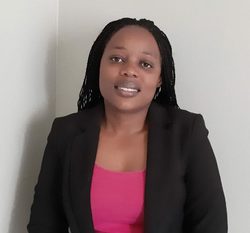
Sindiso Ndlovu
Sindiso Ndlovu is a doctoral candidate in Demography and Population studies at the University of Witwatersrand in South Africa. She hold a Masters and Honours degree in Health Demography and her research interests lie in the field of family and health demography with specific focus on fertility, child health and policy. Her PhD thesis focuses on the intersection of health and family demography in a SSA countries.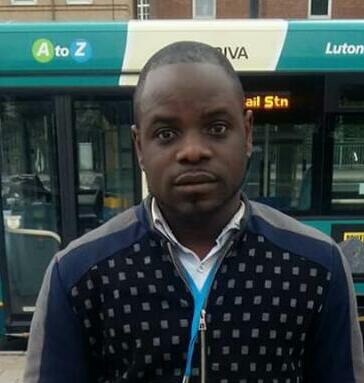
Baruwa Ololade
Baruwa Ololade is a doctoral student of Population and Health Studies at North West University Mafikeng, South Africa. Prior to this, he had completed his master’s Degree at the University of Witwatersrand, Johannesburg South Africa. Beside his educational profile, he is also an associate researcher with the International Organisation for Migration/Wits School of Public Health. Baruwa have worked at various organizations and played active roles in dealing with interdisciplinary research projects such as social determinant of health, sexual and reproduction health, maternal and child health and HIV/AIDS among migrants among many others.
Douglas Parry
Douglas is a PhD candidate and junior lecturer at the Department of Information Science at Stellenbosch University in South Africa. As a member of the Cognition and Technology Research Group (CTRG) his research concerns the interplay between digital technologies, human cognition, behaviour, performance, and affective well-being across a variety of situations and contexts. He holds a bachelor’s degree majoring in Socio-Informatics and Economics, Honours and Master’s degrees in Socio-Informatics and is currently working towards a doctoral degree specifically focusing on media multitasking and cognitive control. The common thread across his projects rests on an interest in understanding how people use technology, how this use is shaped by personal, situational and societal factors and, in addition, how behaviour with technology shapes our personal, social, and working lives. He has experience with traditional, experimental and data-driven research projects across a variety of academic domains.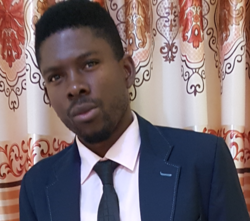
Arsene B. Sandie
Arsene B. Sandie is completing his Ph.D in Mathematics-Statistics at Pan African University at Nairobi. He had mixed academic background, which intersects within mathematics and computer science (Bsc), applied statistics (Msc) and demography studies (Msc). His current research is about developing statistical methods for the design and analysis of clinical trials. Nowadays, he is aspiring to capitalize his multidisciplinary background, the computational social science area is then a great and exciting opportunity for that purpose.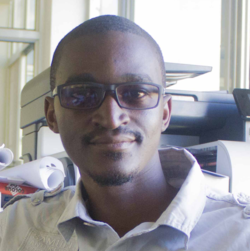
Patrick Tenga Shako
Patrick Tenga Shako is a Junior Lecturer/Teacher Assistant attached to the faculty of Computer sciences at the Nouveaux Horizons University and a candidate for a postgraduate degree at the University of Lubumbashi. Holder of an honour degree from the University of Lubumbashi and a master's degree from the African Institute for Mathematical Sciences in Senegal, he has developed a real interest for data sciences, numerical analysis and mathematical modelling. After attending schools on big data, computational neuroscience, he acquired a real passion for artificial intelligence (Machine Learning, Reinforcement Learning). From this, he understood that one cannot do data analysis without understanding the domain in which these data belong. He expects to specialize in data science and mathematical modelling and plans to establish in the coming years an interdisciplinary research laboratory in data sciences in order to promote interaction and complementarity between different fields.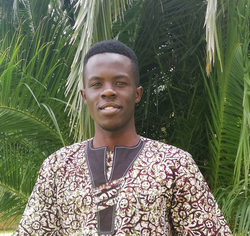
Henry Wandera
Henry Wandera is pursuing MIT in data science at University of Pretoria. He holds BSc Honours in Computer Science at University of Pretoria and BSc in Science Education at Busitema University - ganda. He is passionate about promoting technology usage in developing countries and applying data science for social good. His interests contribute to how policies may influence users’ perspectives and towards understanding the impact of policies on the use of technologies in educational context. In his MIT, he is applying machine learning algorithms to predict school performance in African countries (Sierra Leone, South Africa) using non-traditional data.